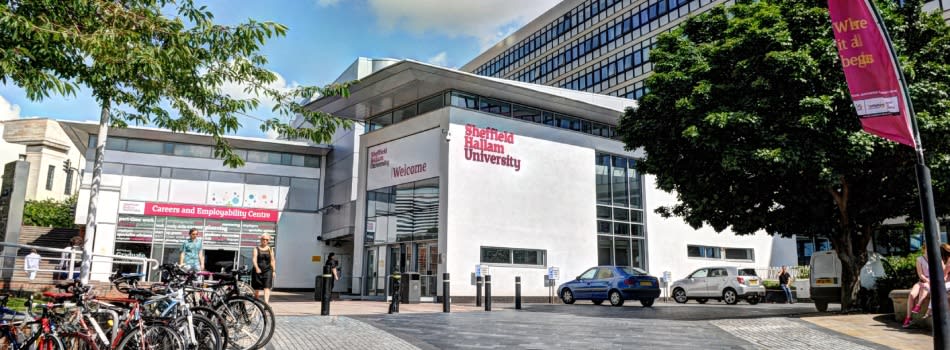About the Project
Mass spectrometry imaging (MSI) provides a powerful route for observation and quantification of the spatial distribution (including depth) of key chemical entities in tissue. Comprehensive knowledge of the location and spatial arrangement of drugs and their metabolites as well as their effect is crucial to gain improved understanding of biological events. Imaging via Matrix Assisted Laser Desorption Ionisation (MALDI) mass spectrometry was pioneered in 1997 and is proving to be a powerful tool for profiling a variety of different molecules directly in a wide range of sample types, as evidenced over the last few years by a growing user population.
Despite recent advances in instrumentation and software there are still a number of key issues that need addressing, including sample preparation, (to reduce ion suppression, improve spatial resolution and identify less abundant endogenous molecules) and bio-informatics to maximise data interpretation.
To address several of these issues, this study will investigate technology development in MS imaging around three key areas: (i) Sample preparation including tissue digestion, matrix optimisation and matrix free technologies; (ii) Ion mobility MS as applied to compound distribution and protein identification from tissue; (iii) IT solutions for storing and comparing images.
For any informal enquire, please email either Dr S. Francese ([Email Address Removed]) or Prof. MR Clench ([Email Address Removed])
To apply please complete the postgraduate application form that can be found on the following link - http://www.shu.ac.uk/_assets/pdf/pg-application-pack.pdf, and send a hard copy of this with your CV and a letter to - Marguerite Lyons, Biomedical Research Centre, Sheffield Hallam University, City Campus, Sheffield, S1 1WB
References
Reading list
Caprioli RM., Farmer TB., Gile J., Molecular imaging of biological samples: localization of peptides and proteins using MALDI-TOF MS Anal Chem 1997 69(23):4751-60.
Trim PJ., Henson CM., Avery JL., McEwen A., Snel MF., Claude E., Marshall PS., West A., Princivalle AP., Clench MR., Matrix-assisted laser desorption/ionization-ion mobility separation-mass spectrometry imaging of vinblastine in whole body tissue sections, Anal Chem 2008 80(22):8628-34.
Francese S., Dani F.R., Traldi P., Mastrobuoni G., Pieraccini G. and Moneti G., MALDI Imaging Mass Spectrometry, from its origins up to today: the state of the art, CCHTS, 2009 12(2):156-74. Review
Francese S. and Clench MR (2010) MALDI Mass Spectrometry Imaging, a New Frontier in Biostructural Techniques: Applications in Biomedicine. In: Mass Spectrometry for Proteomics. Wiley, London.

 Continue with Facebook
Continue with Facebook


